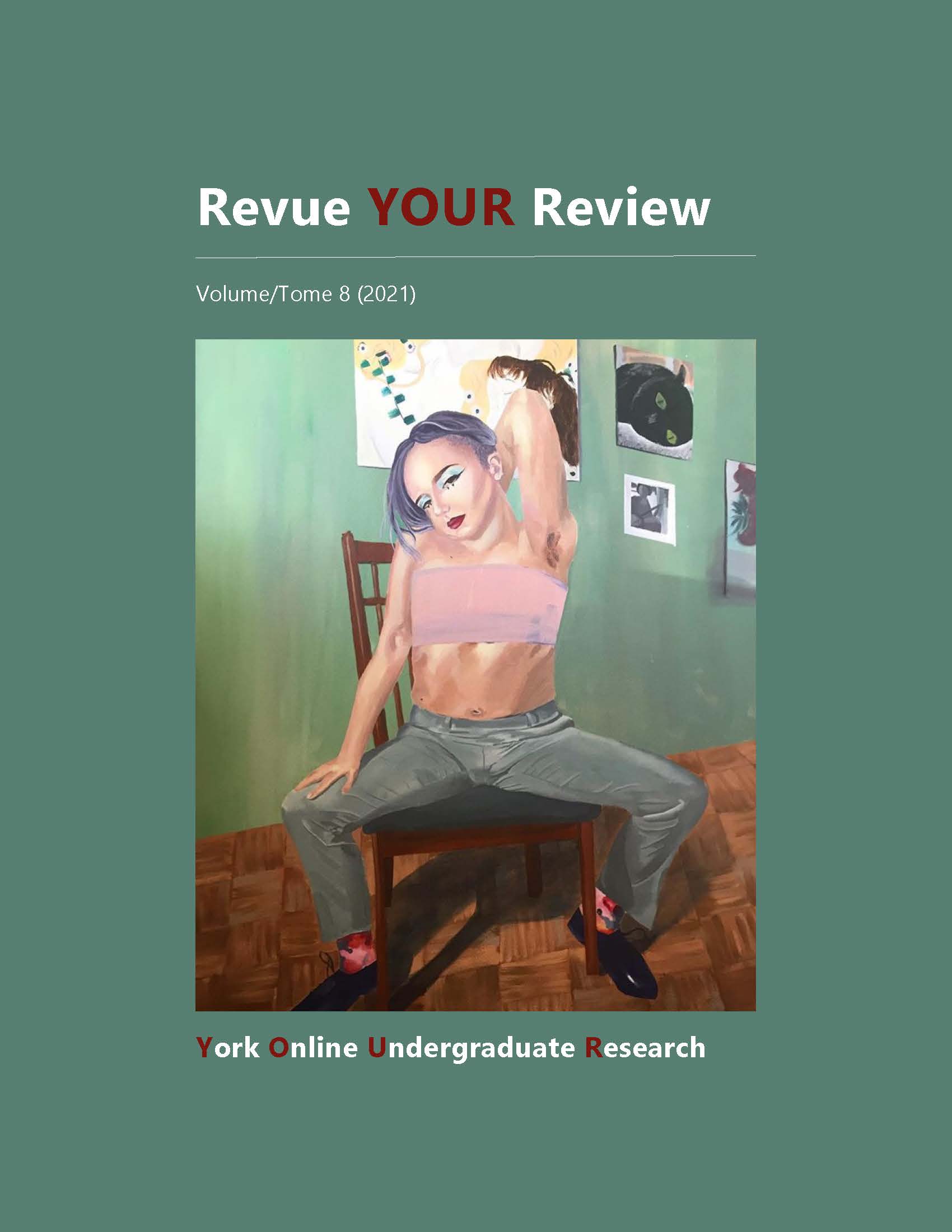Legalizing MDMA-Assisted Psychotherapy for the Treatment of Trauma-Related Mental Health Disorders
Mots-clés :
3, 4–methylenedioxymethamphetamine (MDMA), MDMA-assisted psychotherapy, trauma, treatment-resistant, post-traumatic stress disorder (PTSD)Résumé
3, 4–methylenedioxymethamphetamine, or MDMA as it is commonly known, is classified as a “Schedule 1” substance in Canada and the United States. For decades, the compound has been shrouded by the stigma of being a dangerous party drug thought to kill brain cells and be severely addictive. However, when it was originally discovered, it was experimentally used in clinical settings as an adjunct to therapy. This idea is now resurfacing as researchers are turning back to MDMA as an innovative way to treat trauma-related mental health disorders like post-traumatic stress disorder. Considering the limitations of existing treatments for trauma-related disorders, MDMA’s pharmacological and psychological effects, and the growing body of methodologically sound research on MDMA-assisted psychotherapy, legalizing this type of therapy could provide much-needed relief to people struggling with the severe, painful, lifelong effects of trauma and related psychological disorders.
Téléchargements
Publié-e
Comment citer
Numéro
Rubrique
Licence
© Prakash Thambipillai 2021

Cette œuvre est sous licence Creative Commons Attribution - Pas de Modification 4.0 International.
Les auteurs qui contribuent à la Revue YOUR Review acceptent de publier leurs articles selon une des trois catégories de la licence 4.0 : Creative Commons Attribution 4.0 International; Creative Commons Attribution-Pas d'Utilisation Commerciale 4.0 International; ou Creative Commons Attribution-Pas de Modification 4.0 International. Tout contenu éditorial de ce site ainsi que les affiches et les résumés sont sous la licence Creative Commons Attribution-Pas de Modification 4.0 International. Pour plus d’informations, veuillez voir :
https://creativecommons.org/licenses/
Dans tous les cas, les auteurs conservent leurs droits d’auteurs et concèdent à la Revue YOUR Review le droit de première publication. Les auteurs peuvent, par la suite, conclure d’autres accords de distribution non exclusifs de la version publiée dans ce périodique (par exemple, l’afficher à un dépôt institutionnel ou le publier dans un livre ou dans un autre périodique) à condition que la reconnaissance fasse mention de la publication originale dans la Revue YOUR Review.


